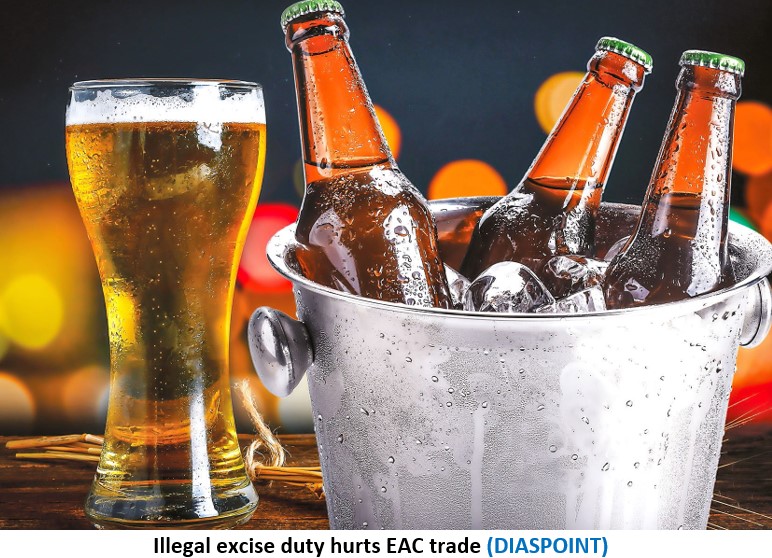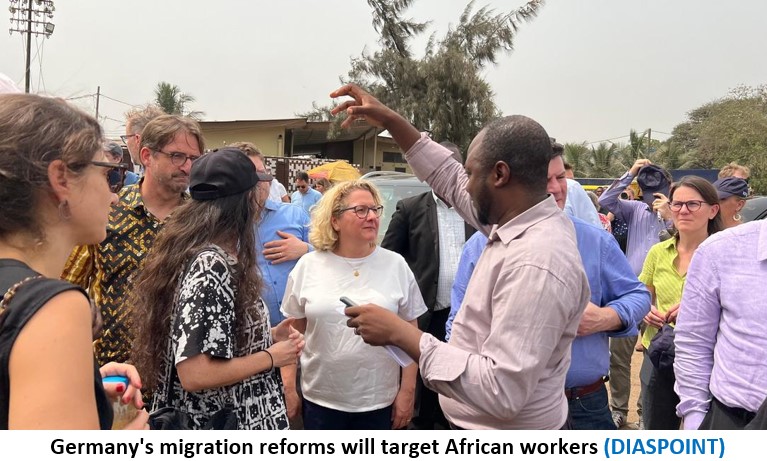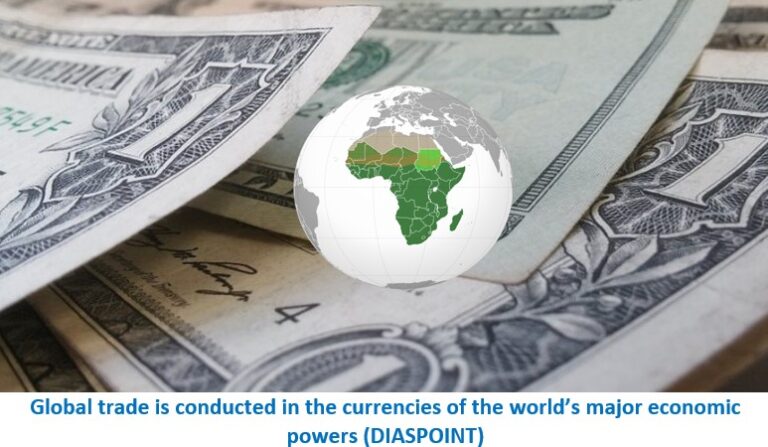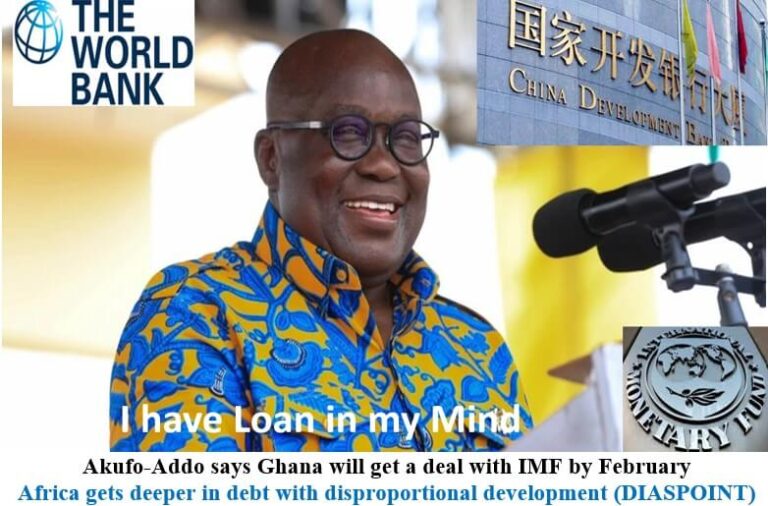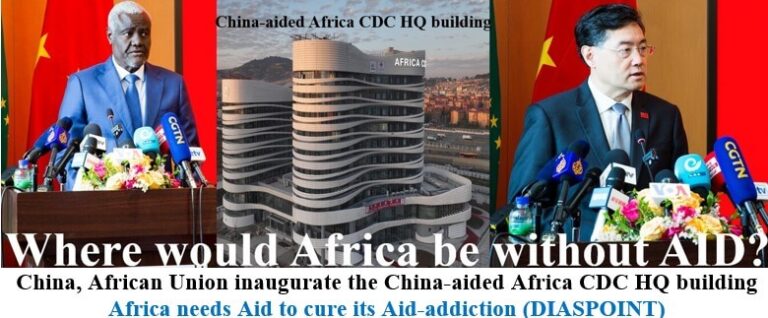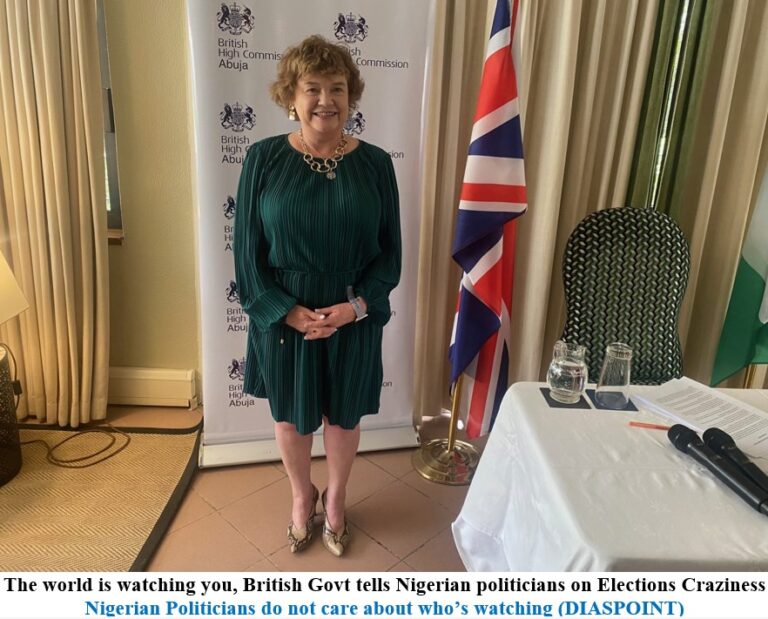Illegal excise duty hurts EAC trade
Kenya, Uganda, Rwanda and Tanzania may be denying smaller EAC economies a chance at regional trade by levying irregular excise duty.
A study on discriminative taxes in the East African Community shows that Burundi and South Sudan, whose economies are smaller than the other four EAC counterparts, have been unable to make good sales in the region due to the irregular excise.
In East Africa, excise duty is imposed on goods manufactured in a partner state by a licensed manufacturer; services supplied in the partner state by a licensed person; or goods imported into the partner states.
Excisable commodities include bottled water, soft drinks, cigarettes, alcohol, fuels and motor vehicles.
Discriminatory taxes
“Regarding discriminatory taxes in the intra-EAC trade, the EAC Customs Union Protocol is very clear that such practices are not allowed,” said Dr Pantaleo Joseph Kessy, principal economist at the East African Community Secretariat during a webinar on February 13.
According to the study, commissioned by the East African Business Council (EABC) and supported by Trade Mark Africa and Netherlands, governments of EAC partner states failed to adhere to Article 15:2 of the EAC Customs Union Protocol by imposing different taxes each financial year.
“No partner state shall impose, directly or indirectly, on the products of other partner states any internal taxation of any kind in excess of that imposed, directly or indirectly, on similar domestic products,” the protocol states.
“If this article is strictly adhered to by EAC partner states, we would not be here talking about discriminatory taxes,” said Dr Kessy.
Harmonise excise duties
EABC chief executive John Bosco Kalisa reinforced the need for EAC states to harmonise excise duties to prevent trade disputes.
“The Protocol on the Establishment of the EAC clearly defines excise duty as a non-discriminative duty imposed by partner state on locally produced or similar imported goods,” he said.
When the taxes are not harmonised, intra-EAC trade takes a hit as one country may end up benefitting more than another, which bars the agenda of having a common trading bloc.
“Illicit trade, which occurs through the smuggling of excisable goods, presence of counterfeit products and tax stamps, or through diversion of export products into the local market, may thrive,” noted Kalisa.
Other contentions
Tanzania, Uganda, Rwanda and Kenya have come under close scrutiny for levying and adjusting different excise duty each year without consultations, hampering free movement of goods, services, capital and workers. Read More from original source

